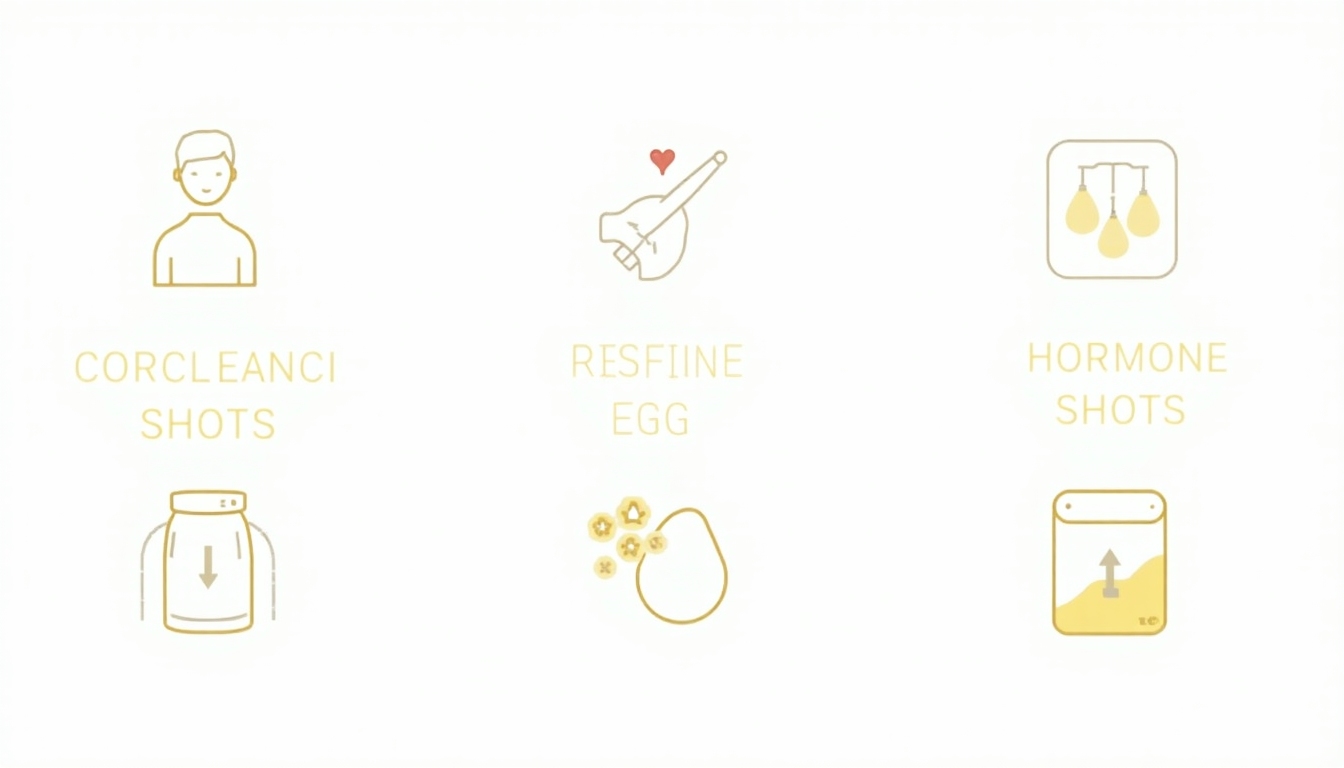A Guide to Egg Freezing: What You Need to Know
March 23, 2025, 11:39 a.m.
Egg freezing, also called oocyte cryopreservation, lets women save their eggs for later. It’s a popular choice for those who want to delay having kids due to career goals, health challenges, or personal reasons. This article covers everything you need to know about egg freezing, from how it works to what it feels like emotionally.

What Is Egg Freezing and Why Do People Choose It?
Egg freezing is a way to store your eggs so you can use them later to have a baby. Doctors retrieve your eggs, freeze them, and keep them safe until you’re ready. Women choose this for many reasons. Some want to focus on their careers. Others haven’t met the right partner yet. For some, it’s about fertility preservation during chemotherapy, since treatments like that can harm eggs.
It’s not a promise you’ll have a baby, but it boosts your chances. More women are doing it because it gives them control over their future. In 2021, over 12,000 women in the U.S. froze their eggs, a number that keeps growing.

Who Should Think About Egg Freezing?
Egg freezing can help different kinds of people, like:
- Women building careers: If you want to wait before having kids, this keeps your options open.
- Single women: No partner yet? You can still plan for a family later.
- Cancer patients: Chemotherapy can cause infertility, so freezing eggs beforehand is a smart move.
- Those with family history: If early menopause runs in your family, this can protect your future.
Age matters a lot. Eggs are healthiest in your 20s and early 30s. Freezing them early gives you the best shot at success later.

How Does Egg Freezing Work?
Here’s the step-by-step process:
- Consultation: You meet with a doctor who checks your egg supply with tests and an ultrasound.
- Hormone Shots: For about two weeks, you take shots to help your ovaries make more eggs.
- Check-Ups: The doctor watches your progress with blood tests and scans.
- Egg Retrieval: A quick procedure under sedation pulls the eggs out with a needle.
- Freezing: The eggs get frozen fast to stay safe for years.
It takes a few weeks total. Most women feel fine a day or two after retrieval. It’s a big step, but it’s doable with the right support.

The Emotional Side of Egg Freezing
Freezing your eggs isn’t just physical—it’s emotional too. Many women feel pressure to have kids by a certain age. Choosing fertility preservation can ease that worry. One woman I spoke to, Sarah, froze her eggs at 34. She said, 'I felt like I could breathe again. I wasn’t racing against time anymore.'
Another woman, Lisa, froze her eggs before cancer treatment. 'It was my safety net,' she shared. 'Even if chemo took my fertility, I had hope.' Talking to others or a counselor can make the process feel less overwhelming.

How Much Does Egg Freezing Cost?
Egg freezing isn’t cheap. Here’s a breakdown:
| Step | Cost |
|---|---|
| Consultation | $200-$500 |
| Medications | $3,000-$5,000 |
| Retrieval & Freezing | $5,000-$10,000 |
| Storage (per year) | $500-$1,000 |
Total costs often hit $10,000-$15,000 for one round. Insurance might cover it if it’s for medical reasons, like fertility preservation during chemotherapy. Otherwise, it’s usually out-of-pocket.
Some clinics offer payment plans. A few companies, like Google, even help pay for it as a job perk. Check with your insurance and employer to see what’s possible.

Is It Worth It for You?
Deciding to freeze your eggs depends on you. Ask yourself:
- Why am I considering this?
- What do I want my family to look like later?
- Can I handle the cost?
- Am I okay with the process?
It’s a big choice, but it can bring peace of mind. Talk to a doctor to see if it fits your life.
Wrapping Up: Your Future, Your Choice
Egg freezing is a game-changer for women who want to wait before having kids. It’s not perfect, but it’s a solid option for fertility preservation. Whether it’s for work, love, or health, it lets you plan your future on your terms. Ready to learn more? A fertility specialist can guide you through your next steps.